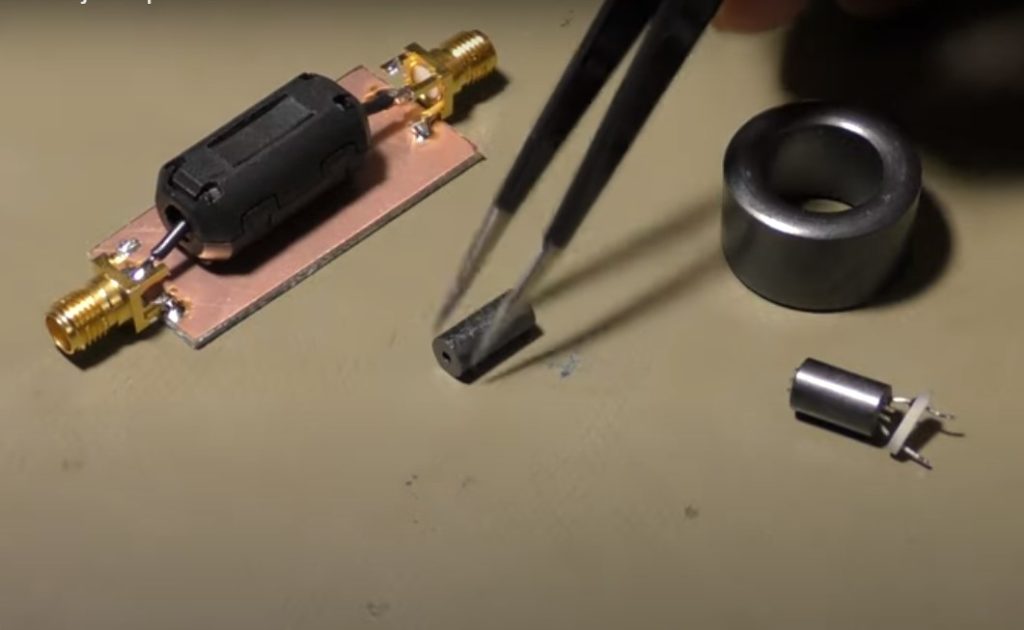Every electrical device is a source of interference or can be interfered with by other devices. Radio amateurs deal with receiving signals, the level of which is many times weaker compared to the commercial sphere. Weak signals can thus overlap with others, including unwanted signals from other devices emitting RF energy. Typically these are power supplies, chargers, computers, etc.
Conversely, the transmitted radio signal of an amateur station must meet quality criteria. However, even a quality signal from an amateur station can unintentionally cause interference to other devices. This usually happens if the manufacturer of the device, in an attempt to save a few cents, omitted the necessary filtering circuits or neglected some other aspects of electromagnetic compatibility, EMC.
Although it sounds like a joke - saving a few cents - it is actually a common practice that unfortunately complicates life. In such cases, it is possible to help by adding such filters. But which one is suitable? Which ferrite material or filter design better suppresses unwanted signals?
The video 'Filters and ferrite cores for noise suppression' (Drirr90) is worth watching. While the beginning mainly talks about network filters, the second half includes practical measurements with a toroid or snap-on filter.
